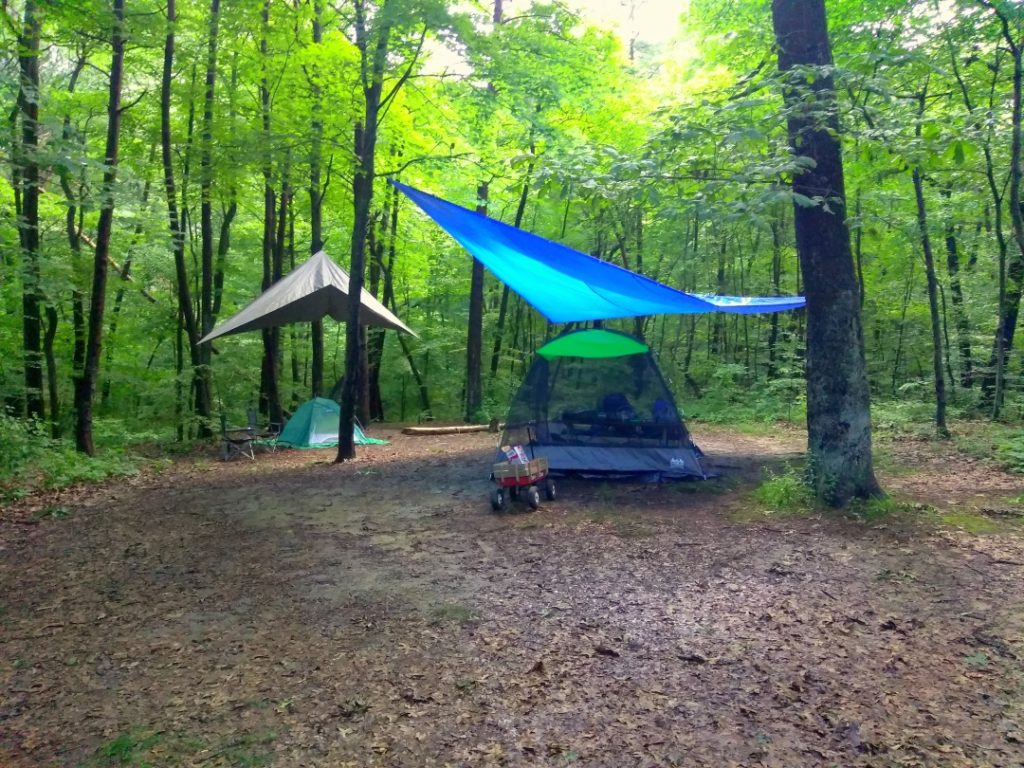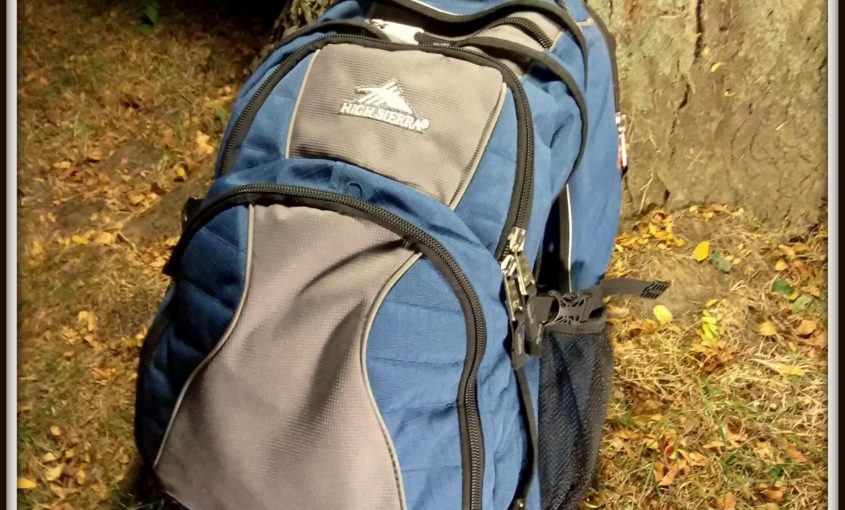Guest Post: The Risks In Camping and How to Stay Safe: Written by Billy Trotter

Categories :
We may earn money or products from the companies mentioned in this post.
I know that many of you wait impatiently, tapping your toes, sweating profusely, pacing back and forth, anxiously checking your email box for the next blog post from The Outdoor Soul. I understand how breathtakingly exciting are my stories; how in-depth and mesmerizing are the piecing together of my words. I would love to be able to provide you all with much more of my fascinating pieces that add to the whole of my oeuvre. Yet, I am only one man. One man with a full-time job and a family, I might add. I wish that I had more hours in a day to be able to accomplish everything I would like to.
I am opening up my blog to be able to introduce to you all some other bloggers and writers that share in my passion for and expertise of the great outdoors. I want to allow others to share their voice with you as well. I was recently contacted by Billy Trotter with Perkin Knives, who was enamored to share some of his own camping safety tips. Safety should always be on your mind when camping in the wilderness. Let me allow Billy to further explain:






